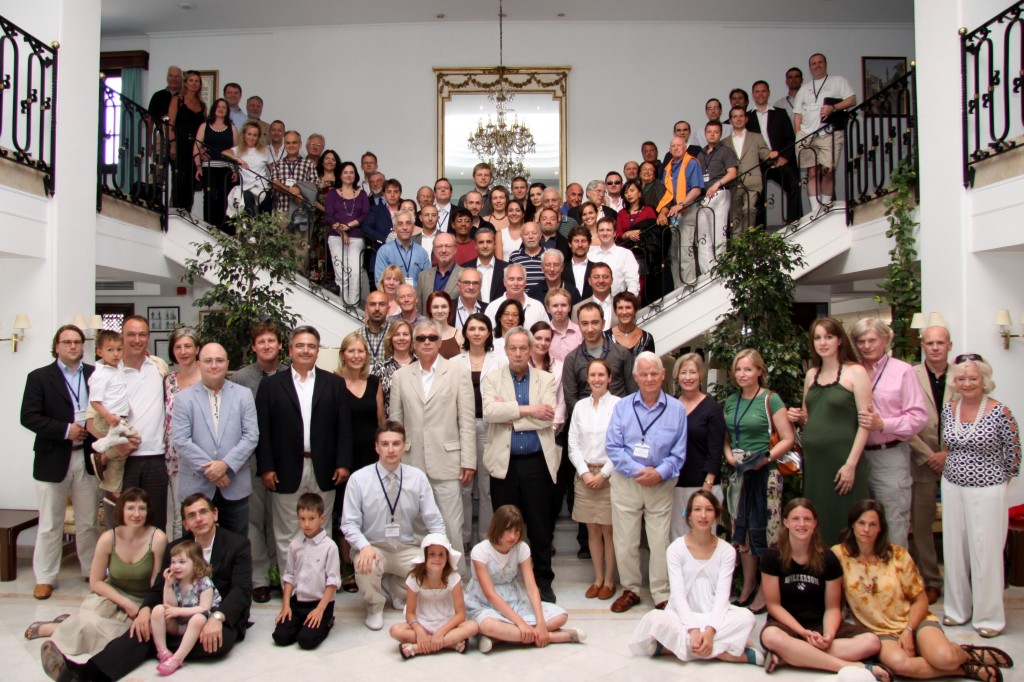As noted in this Reason article, Supreme Court nominee Elena Kagan was questioned by a Senator about whether she believes in natural rights that are not provided in the Constitution. She repeatedly refused to grant this, instead insisting: “I don’t have a view of what are natural rights, independent of the Constitution. And my job as a Justice will be to enforce and defend the Constitution and the laws of the United States.”
No doubt she’s going to be taken to task for this by conservatives and libertarian centralists and judicial supremacists. But honestly, do you really want Kagan imposing her own personal view of morality on the country?
I think I agree with her saying her views on natural rights are not relevant. (As an aside: when asked about the Heller case, she responded: “… I accept Heller, which made clear that the Second Amendment conferred that right upon individuals, and not simply collectively.” Notice the word “accept” here: she implies she agrees without saying she agrees. Accepting it means you recognize it was decided and is currently law. It doesn’t mean you agree or that you wouldn’t overturn it.)
Anyway, I think a better answer would be something like this:
Senator, I, like most people, have my own personal views on morals and on what rights people do or should have. But my job as Justice on the Supreme Court is not to impose my personal views. It’s to interpret the Constitution. The Constitution itself, of course, declares and enumerates certain rights. But it is also clear–from the Ninth Amendment and other considerations–that the Framers believed in a certain set of rights retained by the people, including rights not enumerated in the Bill of Rights or elsewhere in the Constitution. So, as Professor Randy Barnett has argued, fidelity to the original understanding of the powers granted by the Constitution to the federal government–and of the rights that limit these powers–requires me, as Justice, to determine what this set of background natural rights comprises, whether it comports with my own personal political ethics or not. It is the natural rights as understood by the founding generation that matters, not as I or others conceive of them today.
Now, if you ask me what this set of the “Framers'” natural rights comprises, I cannot exhaustively say at present. It appears to be open-ended, and requires a great deal of historical research. In a given case, one would have to look into the historical evidence of the understanding of rights as of 1791 to determine if there is a background, unenumerated right that might be relevant to the case at hand. One approach to giving effect to this understanding of the unenumerated rights that the Ninth Amendment contemplates would be to adopt a “presumption of liberty” test as advocated by Professor Barnett, and/or a complementary approach based on the Tenth Amendment in which all federal legislation is scrutinized to determine whether it is specifically authorized in Article I, Section 8 of the Constitution. Under the latter approach, legislation that is not authorized is held unconstitutional, so that this enumerated-powers approach operates similarly to an unenumerated-rights approach, to nullify laws that are not supported by an enumerated power (or that contravene an unenumerated right, which is often the same thing, as the very purpose of the enumerated powers approach was to limited federal power so as to protect both enumerated and unenumerated rights).





